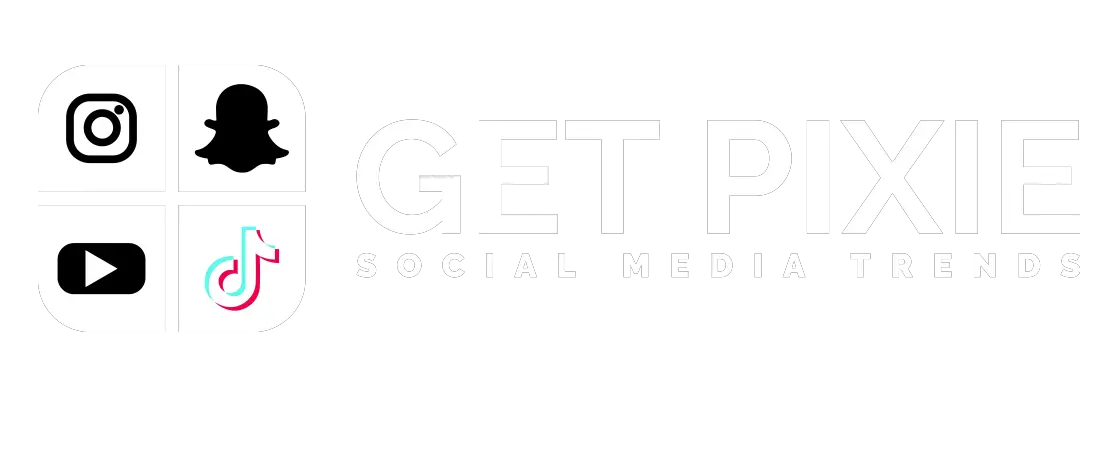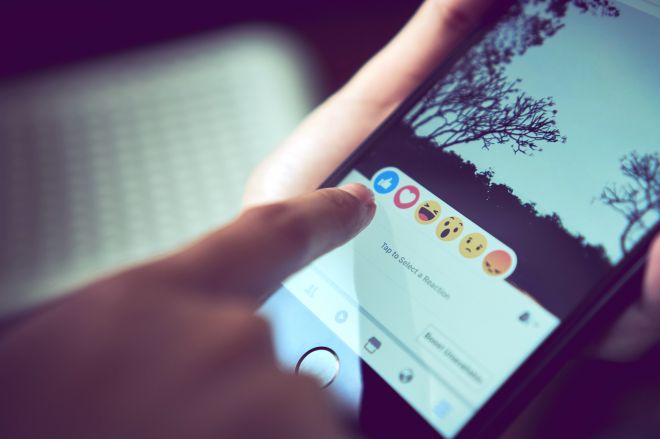On Facebook, clicking the like button below a post means letting people know that people enjoyed the post without leaving a comment. On February 9, 2009, Facebook enabled the like button. Facebook has always motivated users to interact easily with comments, status updates, photos and videos, advertisements, and links shared by friends. Just like a comment, people can see whoever has liked the post. Facebook likes provide social proof to influence the audience. It plays an important role in getting users engaged with Facebook content.
The brain’s reward center gets triggered after seeing the increased likes on the Facebook post. It helps in the release of dopamine, a hormone of happiness. More likes on Facebook posts will increase the chance of getting more new Facebook followers. Getting new followers will help in building an audience and shaping a brand. Scientists at the University of California found that when teenagers see many likes on their posts, their brains react like they have eaten chocolate or won the lottery.
Facebook likes add a sense of pleasure.
Receiving likes can boost self-esteem and create a sense of social validation. It creates a sense of social pressure to conform to popular opinions and behaviors. Commonly people are more likely to engage with posts liked by many of their peers. Facebook likes holds great importance and has a huge psychological impact on users. The result shows that receiving a huge amount of likes improves the self-esteem of people with a low sense of purpose.
When there is a large number of likes on a Facebook post, it means that people are supporting that post. This gesture is very effective when it comes from the closest connections. It confers a sense of authority and credibility to the content and its creator. The creator feels dejected when a Facebook post fails to get enough likes.
A survey of Facebook users found that liking posts uploaded by friends on Facebook was a common activity with 44% of users. As per research, they like friends’ content on a daily basis. These increased likes, and comments are the main reason for the creator to post more on Facebook. The same survey found that 16% of men and 29% of women post their content regularly on Facebook because their friends have supported them. The creator also agreed that getting feedback on their posts was the main reason for using the Facebook page.
A recent survey found that those who are satisfied with their response to their recent post and those who get positive feedback on their posts tend to feel more supported by their online social network. It means that the creator is affected by the quality and quantity of responses it receives on social media. Getting a huge amount of likes on a Facebook post generates a sense of social acceptance and increases the feeling of being connected to the community or social circle.
People with low esteem tend to feel bad if their Facebook post receives insufficient likes. Their confidence level becomes low when they get less positive feedback from their posts. People with low self-esteem seek support from their Facebook posts and get upset when they get less feedback. If they get positive feedback, they are very happy, and if they don’t get it, they feel very bad. People with a great deal of purpose in life show no relationship between Facebook likes and self-esteem. People who lack purpose are highly affected by Facebook likes.
When users across content with a huge amount of likes, they get upset about missing out on a popular post. The fear of missing out on the post, the user likes the content and participates in the post’s conversation. This is how the post becomes more and more popular.
The lives of teenagers are also highly affected by the responses to social media. As per research, teenagers are more online than older adults. An important part of adolescent development is finding their identity and purpose. Adolescents value their purpose only through Facebook feedback. If the feedback is low, they take it to their heart and work hard for the approval of others on social media. They feel more supported when the feedback is positive.
Facebook likes motivate, which means that when someone likes a post, the user, as a good gesture, will engage in the liker’s post in the future. It will strengthen the social connection and interaction in the community while developing healthy relationships in society and enhancing the feeling of connection.
As Facebook is a King of social media platforms, people commonly judge themselves by the Facebook likes on their posts. It is considered a place to build a community and gain social status. Many Facebook likes, and followers are status symbols, whether an individual or a business. It makes the user feel appreciated and powerful. People like to be associated with things that are popular and famous.
Facebook likes also help businesses to grow. It allows for defining the business through a variety of content. Increased Facebook likes on a post will make the business more popular. People can learn a lot about business from popular posts. Less feedback makes the business unpopular.
A competitive environment is created between the users on social media platforms, especially Facebook. To gain more attention, the creator continuously uploads posts on Facebook. This increased posting and engagement will fail the competitor. The creator gains more confidence and thus helps in the growth of the business.
Facebook likes means social proof. If someone visits a fan page of an individual, and notices that it is less engaged with the audience, then that person will be less motivated to like the post. It is the nature of people to engage with popular posts. They are more likely to interact with posts that others have already liked. To influence the audience, Facebook likes to provide social proof.
When an individual achieves something in life, they post it on all the accessible social media platforms like Facebook. The individual wants good wishes and appreciation for it through likes and comments. These virtual likes have become more important than the real ones. It affects them mentally. Sometimes it affects them physically, also.
Individuals are more driven to posts that their friends and relatives like. The concept is if a known person has liked the post, then it is worth noticing. It will create a chain. In turn, the content will become popular. Popular content will attract a larger audience and help the individual grow.
When an individual sees a stranger’s post, which carries many likes, he or she gets attracted to that post. The individual gets engaged with the post. In social media terms, you can call it a ‘ follow the crowd ‘ mentality. It means liking a post that is being liked by many. People do it as they do not want to miss any important and popular content.
Sometimes people just click on a like button without thinking. Sometimes it is a fairly thoughtless action. We should not hold the like we receive in high regard, as sometimes they are sent with little meaning. Many times it is seen that people like a post just to display good behavior.
Some sites like FBPostLikes can help you add more Facebook likes with ease to boost your confidence. Simply go to their site, choose the service, and pay for it. Remember, there are many plans, too, so grab one that matches your requirement the most. Pay through the payment gateway that matches your availability and see the likes growing with pace. No need to share the password or any credentials!
Wrapping up
Social media platforms such as Facebook certainly have their benefits. It helps to create opportunities, maintain relationships, and prevent loneliness. Facebook, when used in the wrong way, can affect the mental health and self-esteem of an individual. It is important to remember that Facebook likes can only boost an individual’s ego on social media platforms, but they cannot define their worth or value. Maintaining a healthy balance between the online world and offline reality is important. If Facebook likes add to your self-worth, keep getting more!






![YouTube SEO in 2024 [Definitive Guide]](https://getpixie.com/wp-content/uploads/2024/02/shutterstock_1684828252-1-150x150.jpg)








